I know that the following will be hard to digest. I want to show it anyway, because it is the "more-modern C++"-solution.
So, I will first think and develop an algorithm, and then use moderen C++ elements to implement it.
First to the algorithm. If we use the ASCII code to encode letters, then we will see the following:

We see that the ASCII code for uppercase and lowercase letters just differ in the lower 5 bits. So, if we mask the ASCII code with 0x1F, so char c{'a'}; unsigned int x{c & 0x1F}, we will get values between 1 and 26. So, we can calculte a 5 bit value for each letter. If we now mark all vowels with a 1, we can build a binary number, consisting of 32bits (an unsigned int) and set a bit at each position, where the vowel is true. We then get something like
Bit position
3322 2222 2222 1111 1111 1100 0000 0000
1098 7654 3210 9876 5432 1098 7654 3210
Position with vowels:
0000 0000 0010 0000 1000 0010 0010 0010
This numer can be converted to 0x208222. And if we now want to find out, if a letter (regardless whether upper- or lowercase) is a vowel, then we mask out the not necessary bits from the chararcter ( C & 1F ) and shift the binary number to the right as much position, as the resulting letter code has. If then the bit is set at the LSB position, then we have a vowel. This know how is decades old.
Aha. No so easy, but will work for ASCII coded letters.
Next, we create a Lambda, that will read a string that purely consists of alpha letters and counts the vowels. What is not a vowel, that is a consonant (because we have letters only).
Then we use modern C++ elements to calculate the requested values:
The result is some elegant C++ code with only a few lines.
Please see
#include <utility>
#include <algorithm>
#include <string>
#include <iostream>
#include <fstream>
#include <cctype>
int main() {
// Lambda for counting vowels and consonants in a string consisting of letters only
auto countVowelsAndConsonants = [](std::string& s) -> std::pair<size_t, size_t> {
size_t numberOfVowels = std::count_if(s.begin(), s.end(), [](const char c) { return (0x208222 >> (c & 0x1f)) & 1; });
return { numberOfVowels, s.size() - numberOfVowels }; };
// Inform the user what to do: He should enter a valid filename
std::cout << "\nCount vowels and consonants.\n\nEnter a valid filename with the source text: ";
// Read the filename
if (std::string fileName{}; std::cin >> fileName) {
// Now open the file and check, if it could be opened
if (std::ifstream sourceFileStream(fileName); sourceFileStream) {
// Read the complete source text file into a string. But only letters
std::string completeSourceTextFile{};
std::copy_if(std::istreambuf_iterator<char>(sourceFileStream), {}, std::back_inserter(completeSourceTextFile), std::isalpha);
// Now count the corresponding vowels and consonants
const auto [numberOfVowels, numberOfConsonants] = countVowelsAndConsonants(completeSourceTextFile);
// Show result to user:
std::cout << "\n\nNumber of vowels: " << numberOfVowels << "\nNumber of consonants: " << numberOfConsonants << "\n\n";
}
else {
std::cerr << "\n*** Error. Could not open source text file '" << fileName << "'\n\n";
}
}
else {
std::cerr << "\n*** Error. Could not get file name for source text file\n\n";
}
return 0;
}
Please note:
There are one million possible solutions. Everbody can do, what he wants.
Some people are still more in a C-Style mode and others do like more to program in C++
